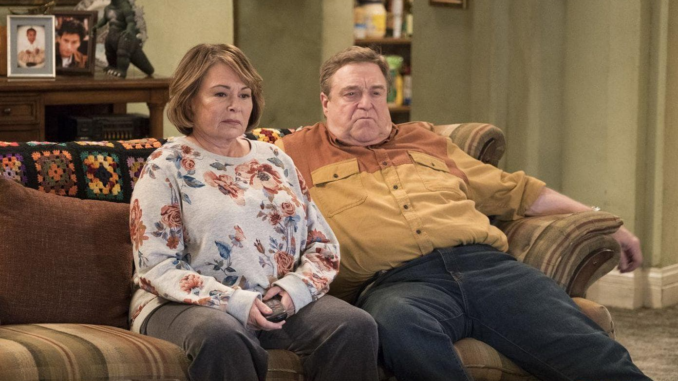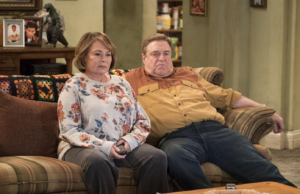
When Roseanne first aired in 1988, it wasn’t just another sitcom—it was a revolution in television programming. The show, created by comedian Roseanne Barr and Matt Williams, became a cultural touchstone that altered how television portrayed the average American family. In an era dominated by idealized depictions of suburban family life, Roseanne offered something entirely new. It gave viewers a raw and honest look at the life of a working-class family struggling to stay afloat, dealing with real-world issues like financial instability, marital conflict, and the trials of parenthood.
From the very beginning, Roseanne broke boundaries. Roseanne Conner, played by Barr, was no cookie-cutter television mom. She was brash, sarcastic, and unapologetically flawed—a stark contrast to the idealized moms on shows like The Cosby Show and Full House. At its core, Roseanne was about the messy, beautiful, and often challenging dynamics of family life. It didn’t shy away from tackling tough topics such as abortion, mental health, gender roles, and economic struggles, making it both groundbreaking and relatable for audiences.
The show’s success lies in its ability to blend humor with serious societal issues. Roseanne, alongside her husband Dan (John Goodman), raised their three children—Darlene, Becky, and DJ—in a household where love and laughter coexisted with financial hardship and the challenges of parenthood. The portrayal of this working-class family was a stark departure from the affluent households seen in many sitcoms of the time. Audiences connected with the Conners because they saw themselves in the characters. The show spoke to their struggles, their dreams, and their triumphs.

Moreover, Roseanne was revolutionary in its portrayal of gender and class. Roseanne Conner was a working mother who defied the traditional sitcom mom role. She wasn’t overly nurturing or perfect; she was human. The show’s focus on a working-class family and the financial difficulties they faced added a layer of authenticity that resonated with millions of viewers. It reminded people that not every family has the luxury of a comfortable lifestyle, but they still have love and humor to get through the tough times.
The legacy of Roseanne extends beyond its original run. It paved the way for more realistic portrayals of family life in television. Shows like The Middle and Modern Family followed in its footsteps, blending humor with real-life issues. Even after the show’s revival in 2018, and its subsequent spin-off The Conners, the impact of Roseanne continues to be felt. It remains a testament to the power of authentic storytelling and the importance of representing working-class America in the media.
